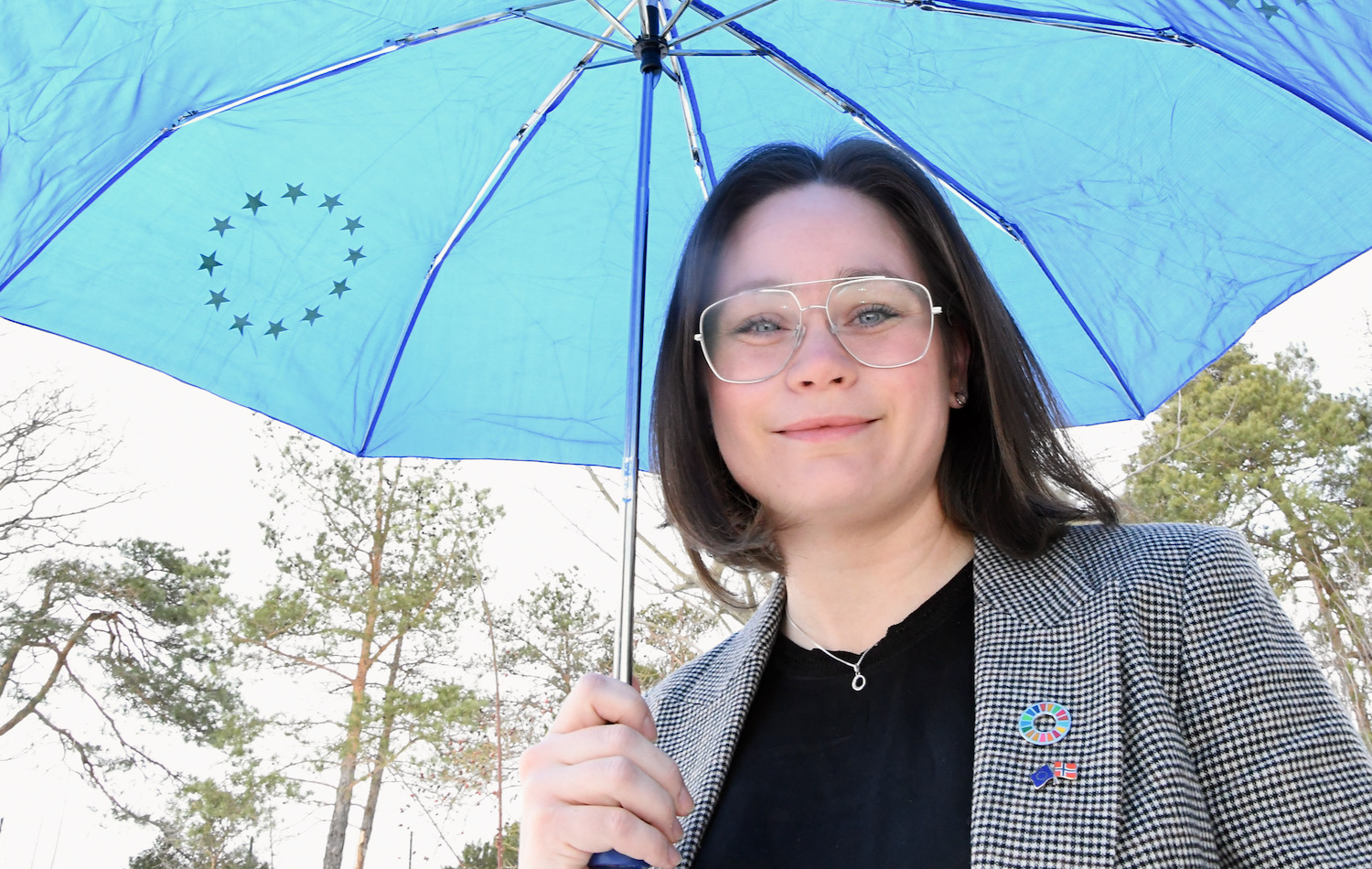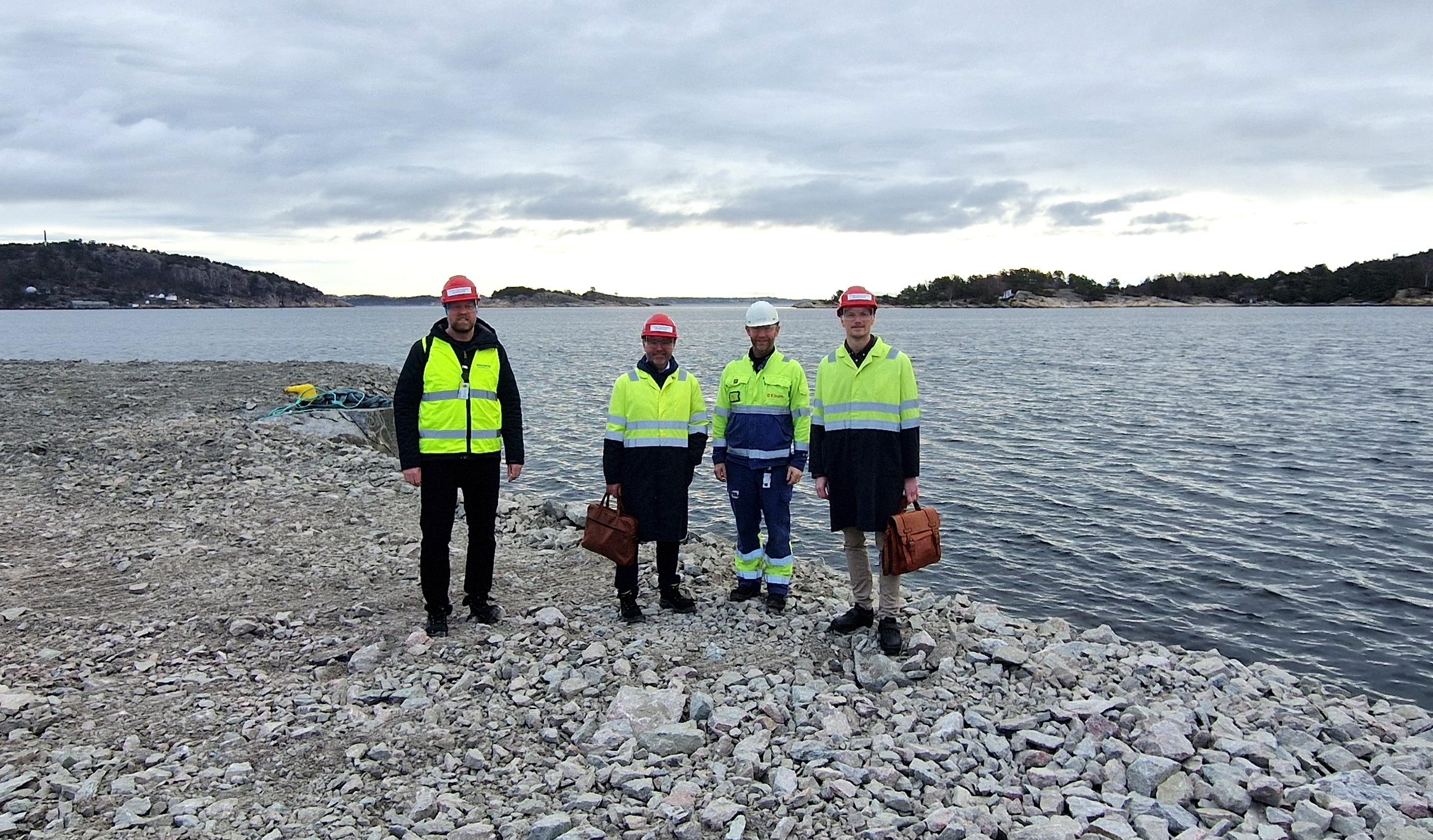Last fall, COSME, Europe’s program for small and medium-sized enterprises, announced six projects for consortiums of clusters to bid on.
“Together with our friend in the ELBE network, which we have cooperated with for years, we won! Thus, we are now part of ELBE Eurocluster for Ocean Energy,” explains Isabelle-Louise Aabel, EU Advisor at GCE NODE.
Commencing this fall, the Cosme project has a duration of three-year project and a budget of EUR 1.4 million. Partners are Basque Energy Cluster (Spain, lead), Energy Cluster Denmark, Blauwe Cluster (Belgium), Pole Mere Mediterrane (France), RISE/ OffshoreWast Sweden and Pomeranian Platform for Offshore Wind (Poland). Between them, the cluster have participants that include wind giants such as Iberdrola, Simens Gamesa, Ørsted, Vestas, ABB, Ocean Winds, EDF, Eolfi Shell, Naval, Corepower Ocean, and Hexicon.
The project is structured in five work packages; Coordination, Monitoring & Communication, Network & Preparation, Innovate, Train & Adopt, and Go International.
GCE NODE is in charge of Work Package 4, which is training of small and medium-sized in business development tools, such as Osterwalder, sustainability and Ecotrack, a program for assessing the carbon footprint of products and services.
“We are basically taking the GCE NODE Business Development Lab to Europe,” says Aabel.
The budget for WP4 is EUR 320,000.
“Funds are not for the cluster, but for participating companies. The purpose is for companies across borders to meet, learn and – in some cases – find new partners. This is an excellent opportunity for GCE NODE companies to secure a presence in – and gain an understanding of – the European market,” says Aabel.
Apart from a kick-off and a finale somewhere in Europe, the program will be more of less digital and comprised of half-day gatherings.
ELBE Eurocluster is a consortium formed by regions with a successful history of collaboration in the ELBE Alliance. The consortium has an ongoing involvement of project partners in value chain activities in terms of innovation, skills, or supply chain. There is also a structured methodology that is cost-efficient and streamlined as it is based on existing methodologies from consortium partners that will be extended to the European level, such as GCE NODE Competence Development Program.



